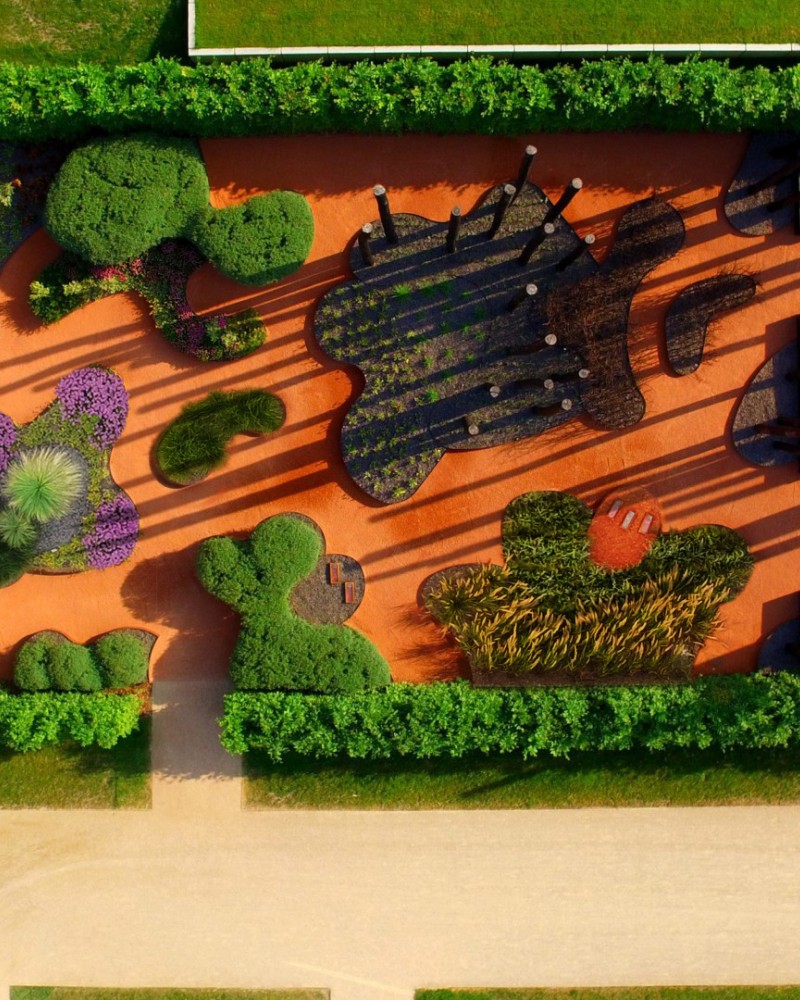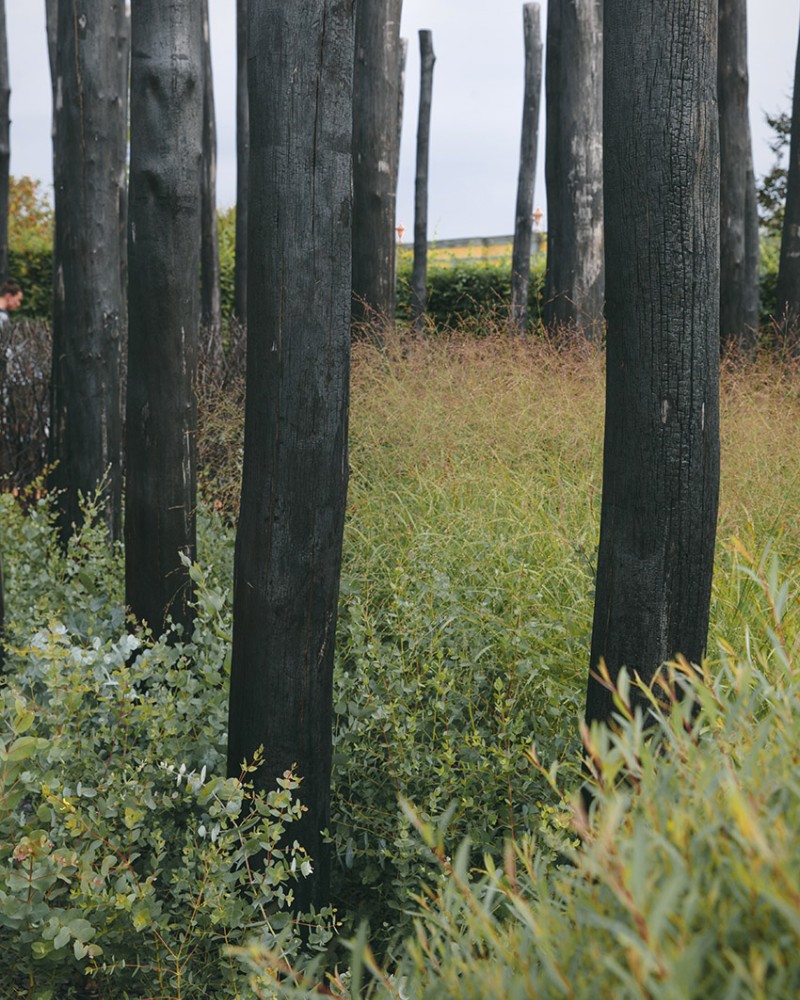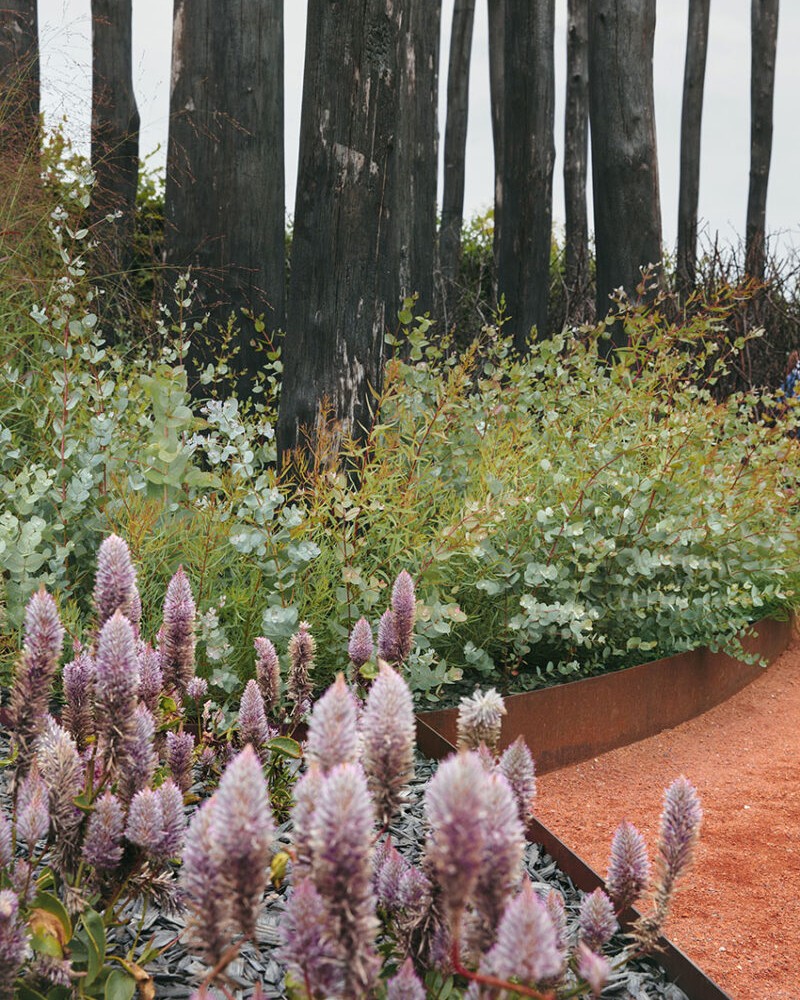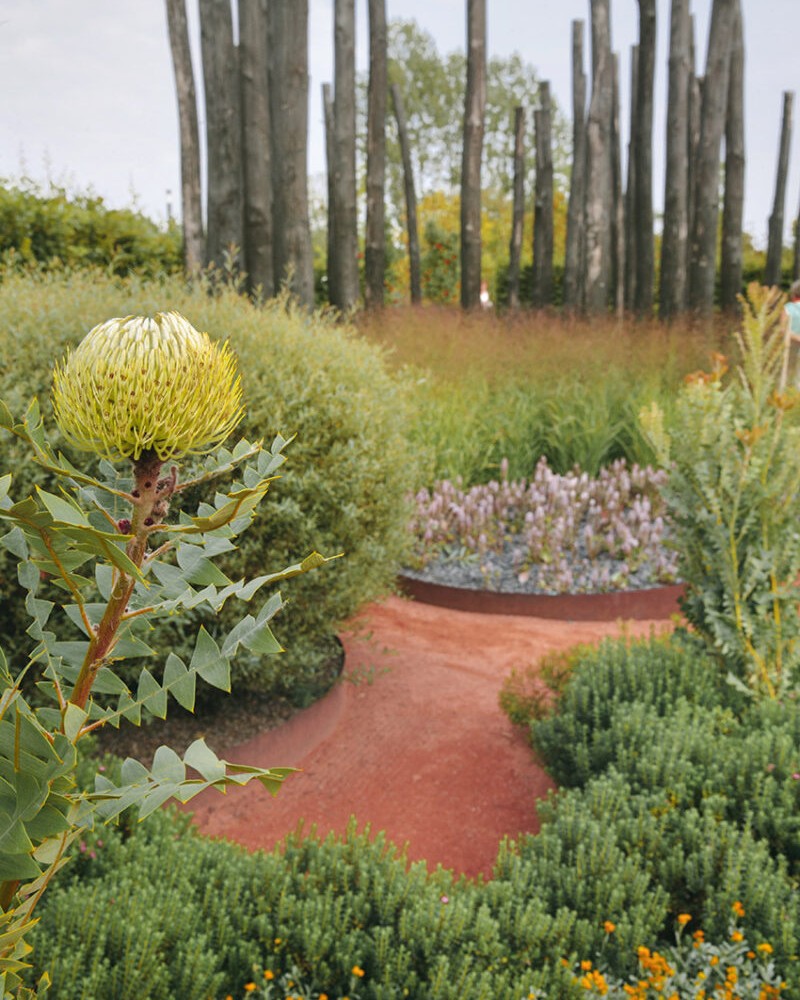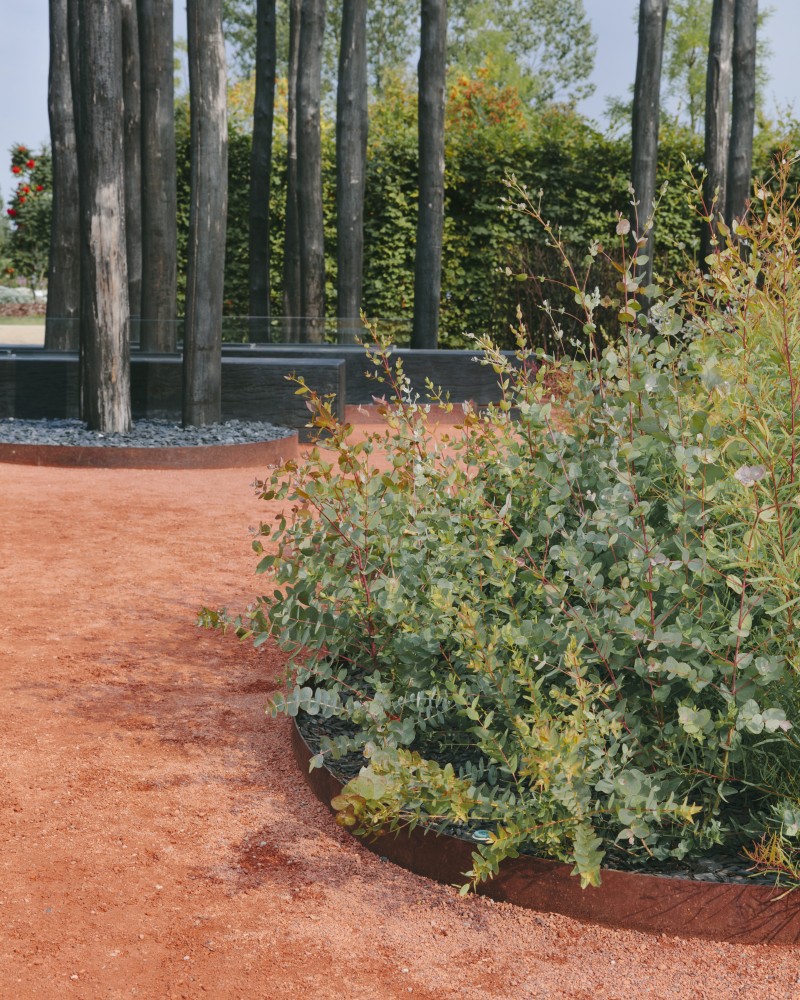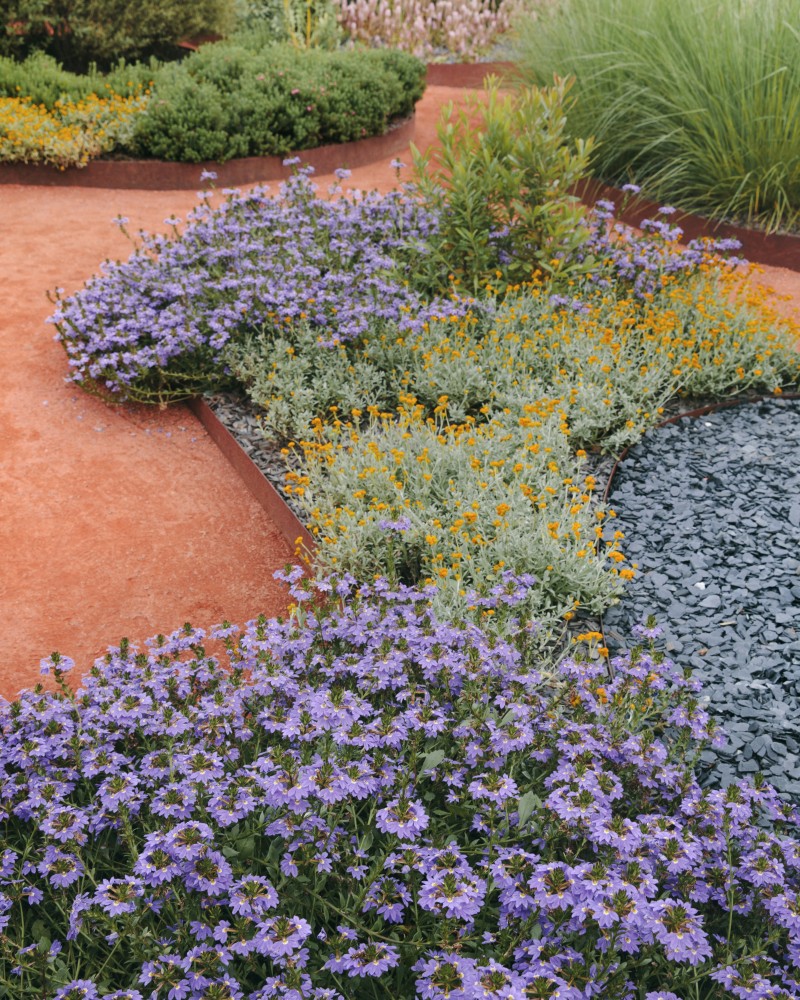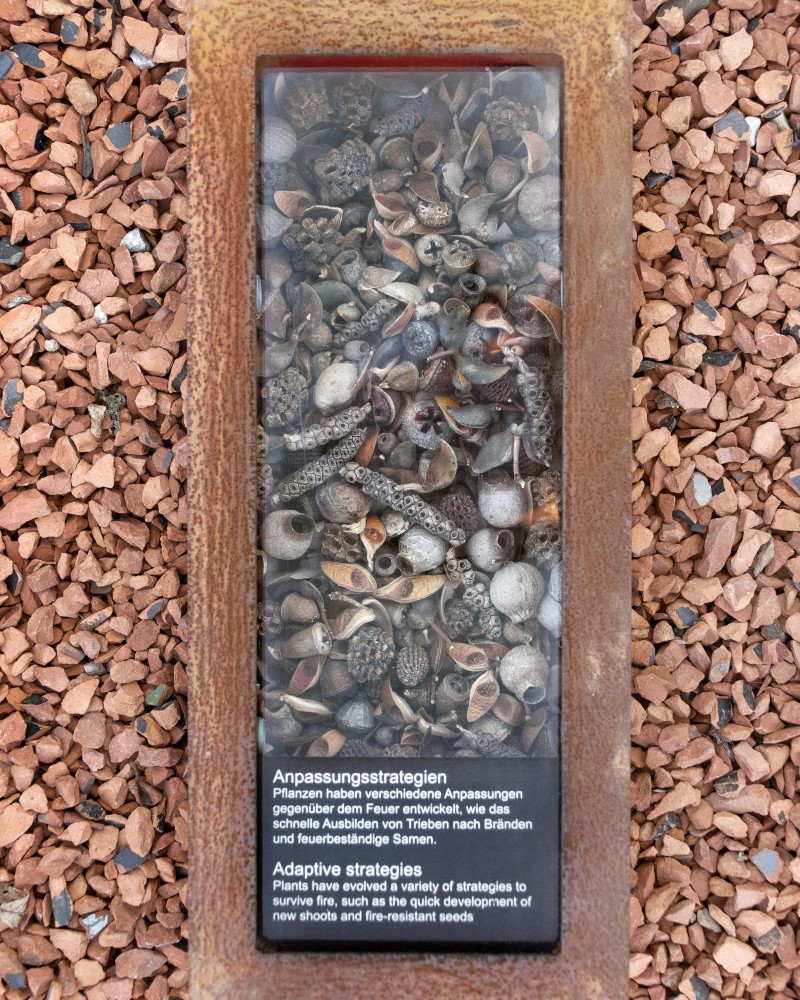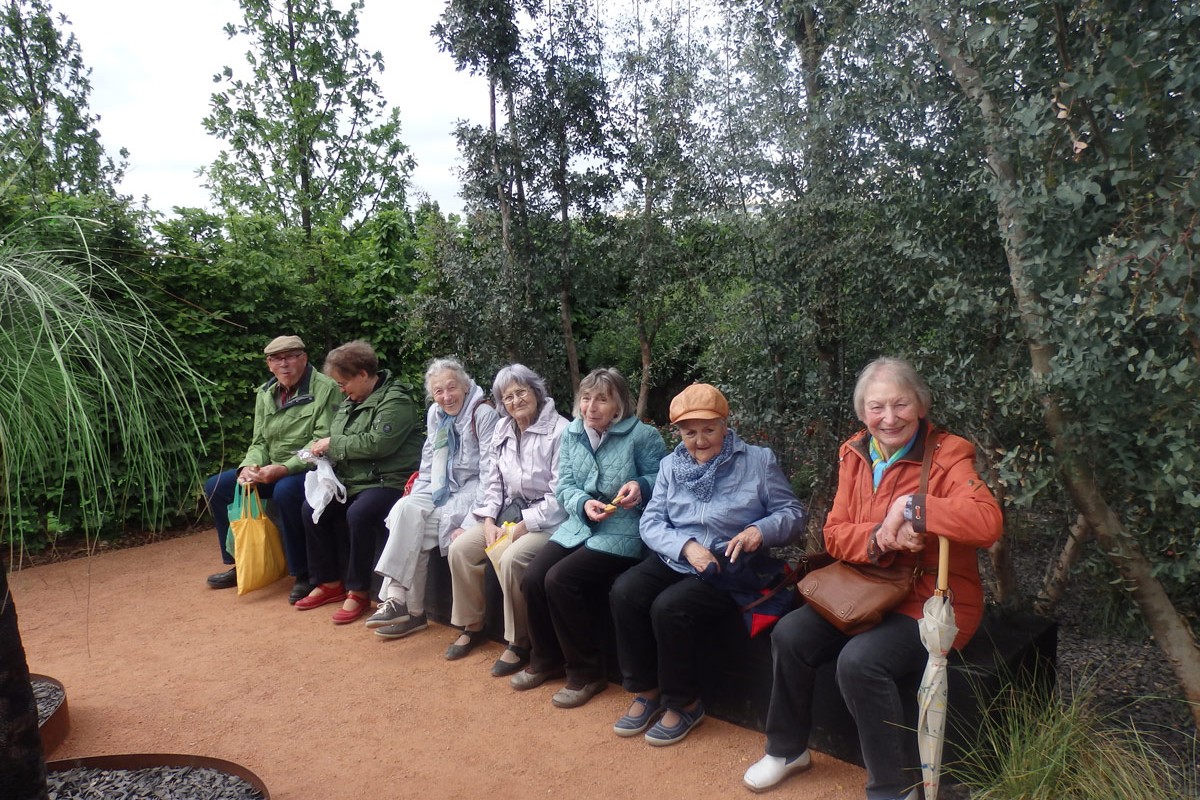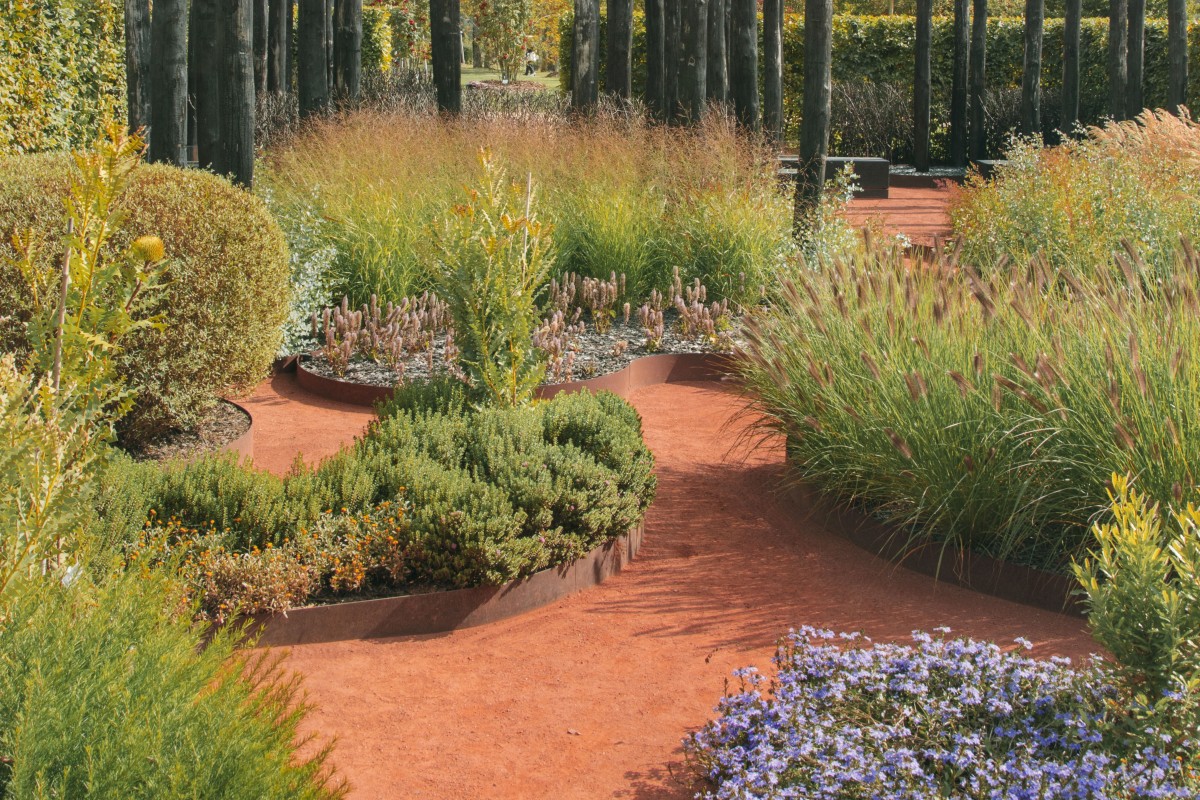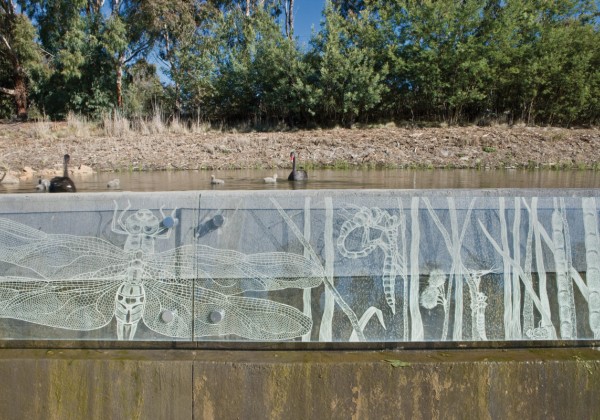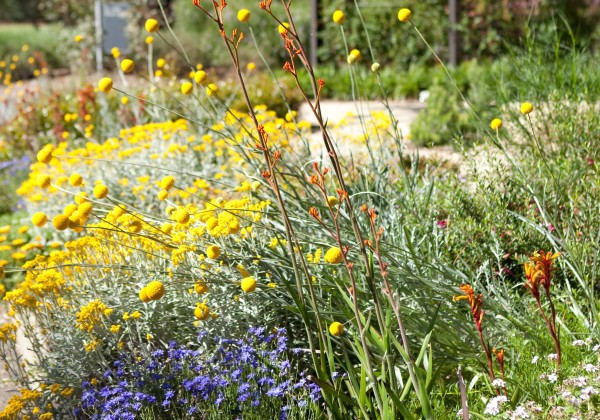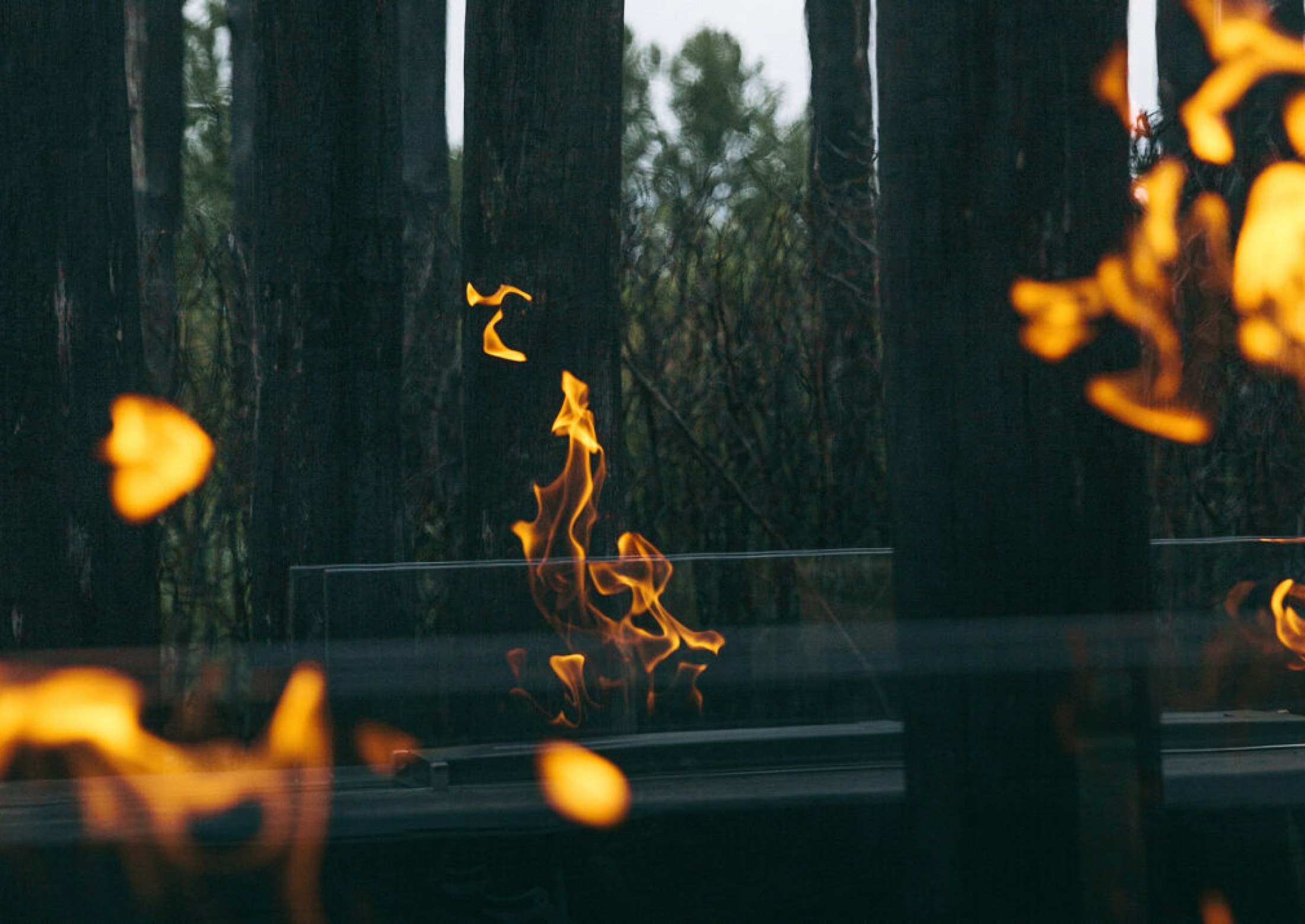
View Presentation
The Internationale Gartenausstellung 2017 (International Garden Exhibition) was a horticultural exhibition that was held in the German capital Berlin in 2017. TCL was selected as one of nine leading international landscape designers to be given a small allotment (380-square-metres) to create a permanent contemporary garden that showcased the cultural landscape of their home country.Titled Cultivated by Fire, TCL's garden explores the Aboriginal land management practice of ‘fire-stick farming.’ This sophisticated practice of selective, low-intensity burning serves many purposes for Aboriginal people, including reducing the risk of larger and more unpredictable bushfires, creating open country ideal for hunting grazing marsupials, increasing fertile new growth that provides an abundance of edible plants for both wildlife and humans, and flushing out animals for hunting during the burning.The Cultivated by Fire garden distils and abstracts fire-stick farming to create a mosaic garden composed of elements reminiscent of both the burnt and rejuvenated Australian landscape. These elements include actual fire, charred poles and clipped branches, Eucalyptus and Acacia seedlings, floriferous garden beds of Australian native plants and a walkable orange ground plane of crushed red brick that is reminiscent of the fiery sands of the central Australian desert.
"This exhibition … celebrates the Australian landscape as one that has always been shaped by cultural processes.. The project is a leading demonstration of the capacity of landscape to reflect culture, temporalities and intertwined relationships." — Jury Citation, 2019 National AILA Awards
